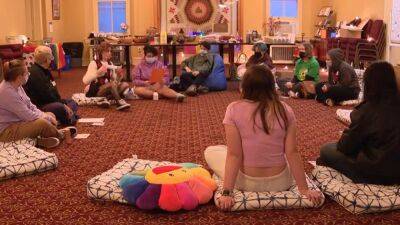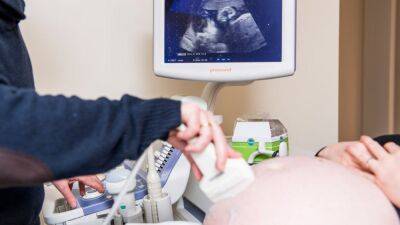Nearly one in three teens are struggling to cope with their mental health
Headspace. But 89% of those who have struggled with their mental health have been in a situation where they needed help with their wellbeing, but weren’t sure how to access this support.And 13% feel unsupported by the people around them and professionals.It also emerged 31% of all teens polled have signed up to receive support with their wellness – but were on a waiting list for more than five months on average.This has led to calls for more support groups specifically for teenagers (27%), wellbeing lessons in school (25%), meditation workshops (21%), and the opportunity to skip school when they're feeling low (24%), to keep their wellbeing in top shape.Sam Snowden, mindfulness teacher at Headspace, said: “It’s important to remember that adolescents don’t have enough tools to navigate the highs and lows of life.“When experiencing intensely difficult emotions for the first time, they may assume that this is how life will be going forward.“This can be dangerous, as they may begin to believe negative thoughts like “nothing matters” and “things will never get better”.“It’s up to us as adults to get teens the help they need, by connecting them with skilled and empathic mental health providers and peer support.”The study also found half of those polled (51%) believe stress at school, university, and their workplace has negatively impacted their mental wellbeing.And one in six (16%) admitted this has affected their schoolwork, while 15% believe it has impacted their friendships.To cope with this, 84% of those who have struggled with mental health feel comfortable talking to their pals about their wellbeing.And 38% look up to their friends and family as mental health role models, according to the survey by OnePoll.However, two.
Read more on dailystar.co.uk




















































